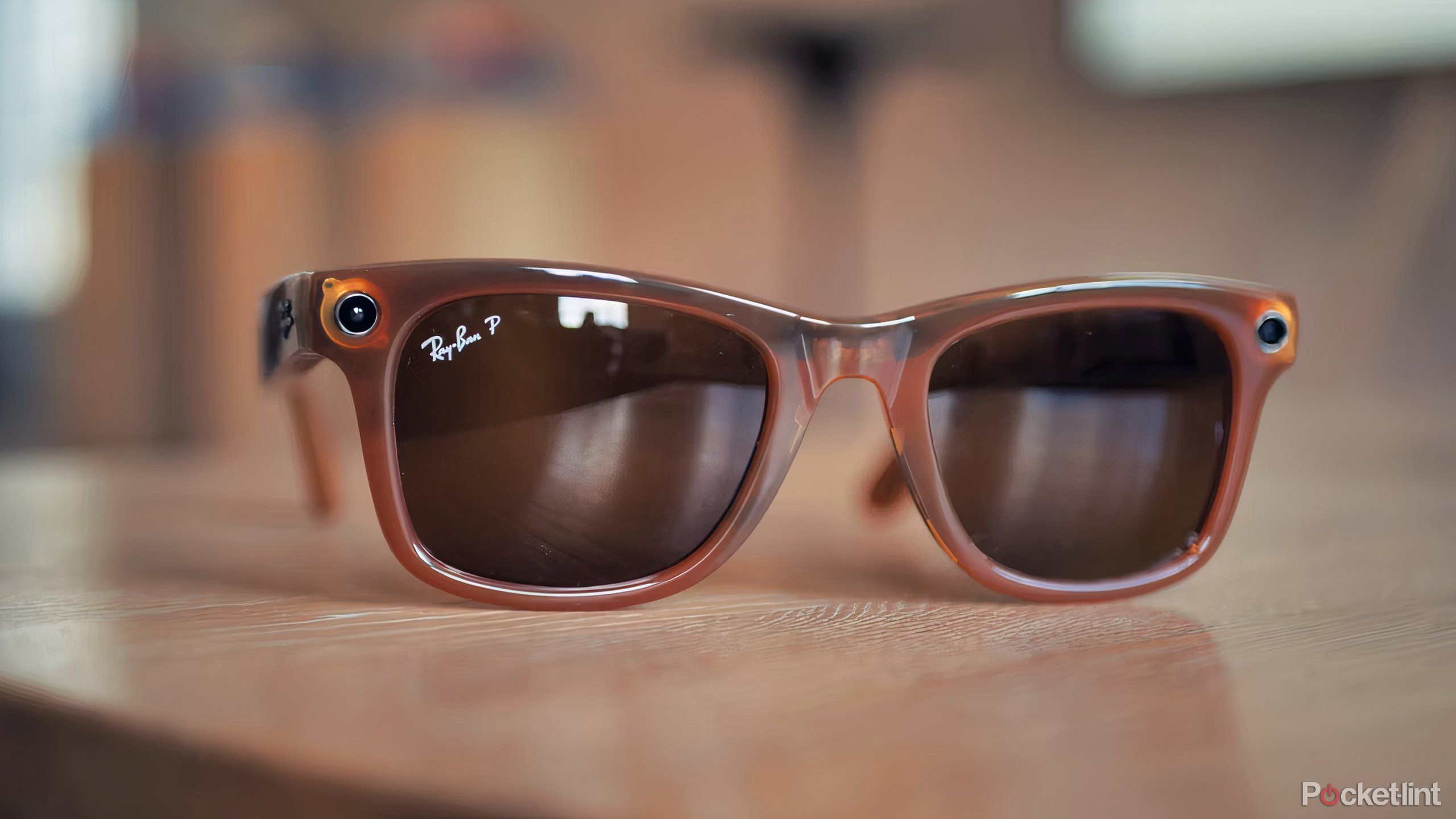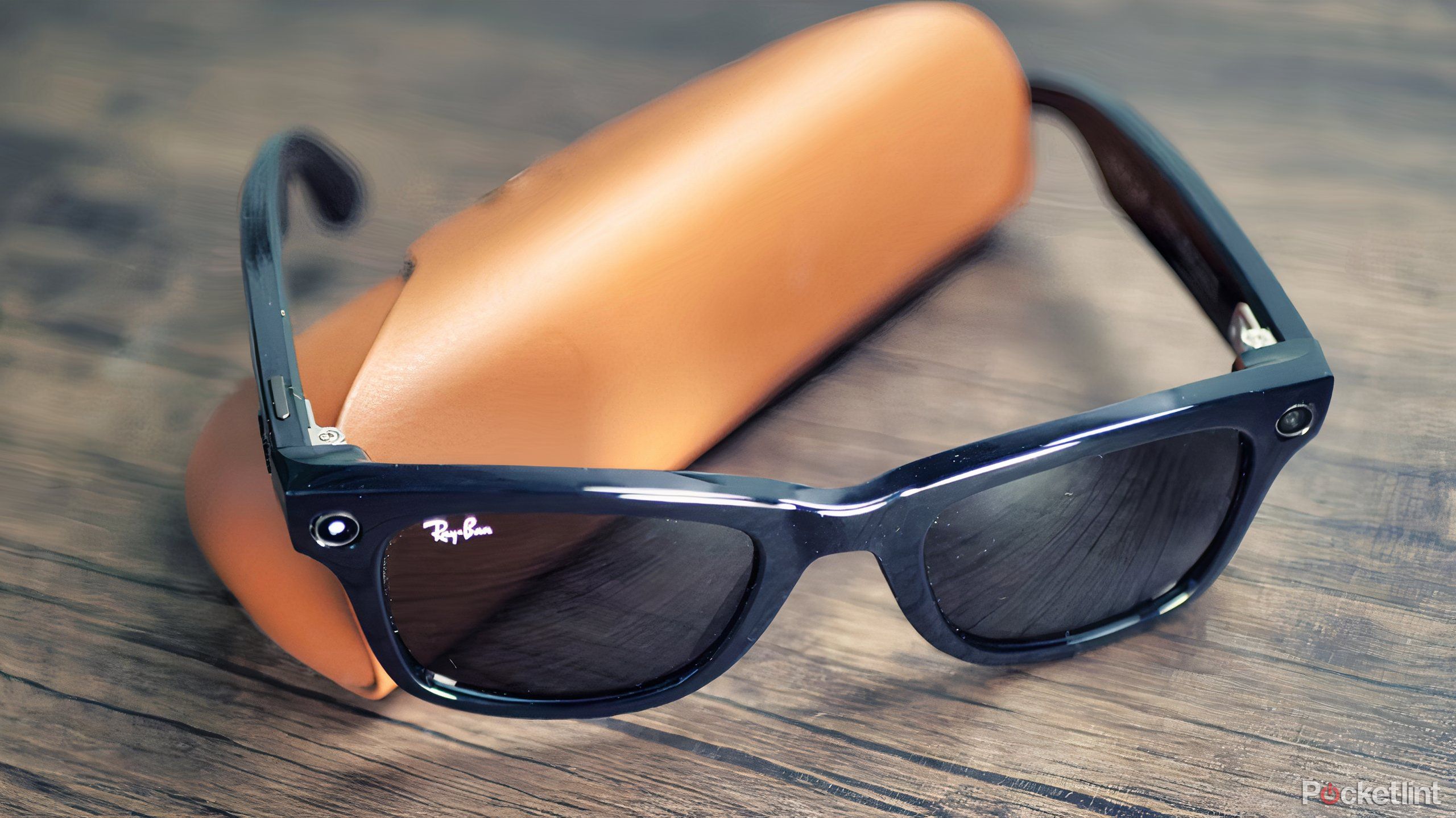Key Takeaways
- Meta’s first true AR glasses will reportedly debut at the 2024 Connect conference.
- It will show some sort of hologram-based chat and will also feature wristband controls.
- However, Meta’s AR glasses aren’t expected to be available to buy anytime soon.
Meta has been trying to push virtual reality and augmented reality forward since before it changed its name from Facebook in 2021. It has a well-made VR headset in the Quest 3, plans for a new cheaper headset, and a surprisingly popular pair of smart glasses in the form of the Ray-Ban Meta Smart Glasses. What’s missing is AR, and Meta plans to change that.
As reported by The Verge, Meta plans to further fuel the smartglasses hype by demoing the first true AR glasses at the Connect conference on September 25-26, 2024. The company’s current glasses have built-in cameras, microphones, and stereo speakers, but don’t really augment anything beyond what you hear, as basic questions and commands are handled by the Meta AI over Bluetooth connection to your phone. The new glasses are expected to go even further by projecting visible digital interfaces and holograms into the world around you.
Meta has been working on this project, as well as other less powerful headsets and glasses, for years, but a glimpse at full-scale AR would be a major milestone for the company. Details of Meta’s first AR glasses have been kept under wraps, but ideas are already forming about what they’ll look like and how they’ll work.

Related
Meta gets ahead of Apple with AR devices
Meta Quest has jumped ahead of the Apple Vision Pro with a device that seems more suited to the latter than the former.
Expect expensive and impractical hardware components
There’s a good reason why AR glasses never caught on, and instead we’ve seen a slew of similar gadgets that allude to the same idea of a floating, holographic interface, but at the expense of fidelity and performance. Achieving the kind of sci-fi AR experiences is incredibly difficult with current technology, and while we’re not there yet, Meta is clearly getting us closer.
According to The Verge, Meta’s first attempt at AR glasses, dubbed “Project Nazarre” in research and “Orion” in internal projects, is designed to work independently of a smartphone (unlike the company’s current smart glasses), but will rely on a wireless connection to a smartphone-shaped co-processor to create the AR images and keep the glasses wearable. The frames are said to resemble the chunky glasses worn by Clark Kent, and at around 100 grams, they’re neither discreet nor lightweight.
The flagship feature of Meta’s AR glasses is the ability to see and talk to holograms of friends and family — a bit like Apple’s Vision Pro’s FaceTime calls, but without the need for a bulky headset and arguably creating a more convincing illusion that these digital representations are actually in your room. As reported by The Information, the glasses’ software will be built on Android after attempts to make something more custom failed, and the software will be projected in front of your eyes via “expensive custom waveguides and micro-LED projectors,” according to The Verge.

Related
It wouldn’t be a big deal if Google abandoned its AR glasses plans: Here’s why
Breaking news is that Project Iris has been shut down. But that’s not a bad thing.
The company relies on differential electromyography testing
While the current Ray-Ban Meta smart glasses are controlled using voice commands and taps or swipes on the sides of the frame’s temples, Meta is planning an even more high-tech, hands-free way to control its first AR glasses. The company wants to use a wristband that can detect electrical pulses in the neurons in your arm, letting you control things just by thinking. That includes navigating interfaces and even typing. The concept was first created by a company called CTRL-Labs, which Meta acquired in 2019, and is accomplished using a technology called EMG, or differential electromyography, The Verge wrote in the same report.
Once the wristband can be mass-produced, Meta also hopes to incorporate it into its next generation of smart glasses. Codenamed “Hypernova,” the glasses are a premium successor to the Ray-Ban Meta smart glasses that will include a small head-up display for notifications.

Related
Is this the Meta Watch? A new version of Meta’s first smartwatch has been leaked
Twitter leaker Kuba Wojciechowski shared photos and information about the latest Meta Watch prototype.
The company is reportedly facing backlash over its design
The main reason for the success of Meta’s smart glasses is that, apart from a slightly different color and slightly wider temples, they look exactly like regular Ray-Bans. Meta partnered with Ray-Ban owner EssilorLuxottica to make this happen, but that partnership may only last so far. The Information reports that the company’s “Hypernova” smart glasses will not carry Ray-Ban branding when they launch in 2025 because EssilorLuxottica did not agree with the design of the glasses. Given the extra space and power required to house the display, what Meta has in mind may be so clunky that they don’t look like Ray-Ban glasses at all.
The company’s first AR glasses are still in the prototype stage, so they likely won’t have any official branding, but they also don’t seem sophisticated enough for EssilorLuxottica to get involved. Meta is reportedly considering investing in the eyewear company to get a bigger say, but we’ll have to wait and see if that makes any difference when the product actually launches.
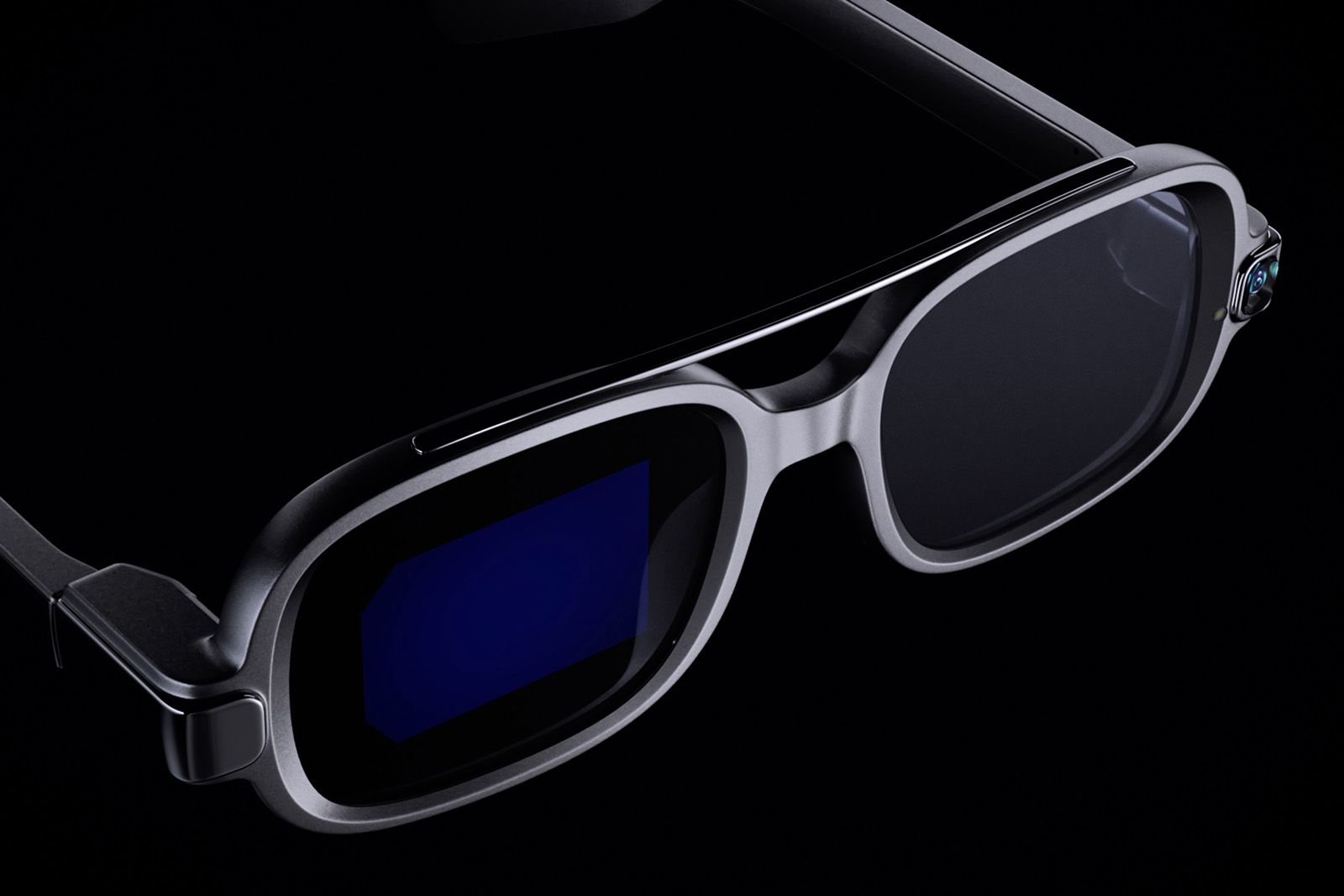
Related
Xiaomi takes on Facebook, Ray-Ban and Snap with its own smart glasses
Following in the footsteps of Facebook and Ray-Ban, Xiaomi has also unveiled its own line of smart glasses.
Owning the next-generation giant platform
Having to rely on Apple’s App Store and Google’s Play Store has hurt Meta’s advertising business and direct user revenue. Investing heavily in AR and VR is a bet that Meta can own and operate the future iPhone and iOS.
It will be the place where people will find apps and you will be able to receive money for each transaction. It remains to be seen whether AR glasses will replace smartphones, but Meta hopes that will happen and is designing the first standalone AR glasses.
Based on what’s been reported about the design of these glasses and their wireless coprocessor, achieving that independence comes with significant drawbacks, similar to the Vision Pro’s external battery pack, but that’s what Meta needed to achieve.
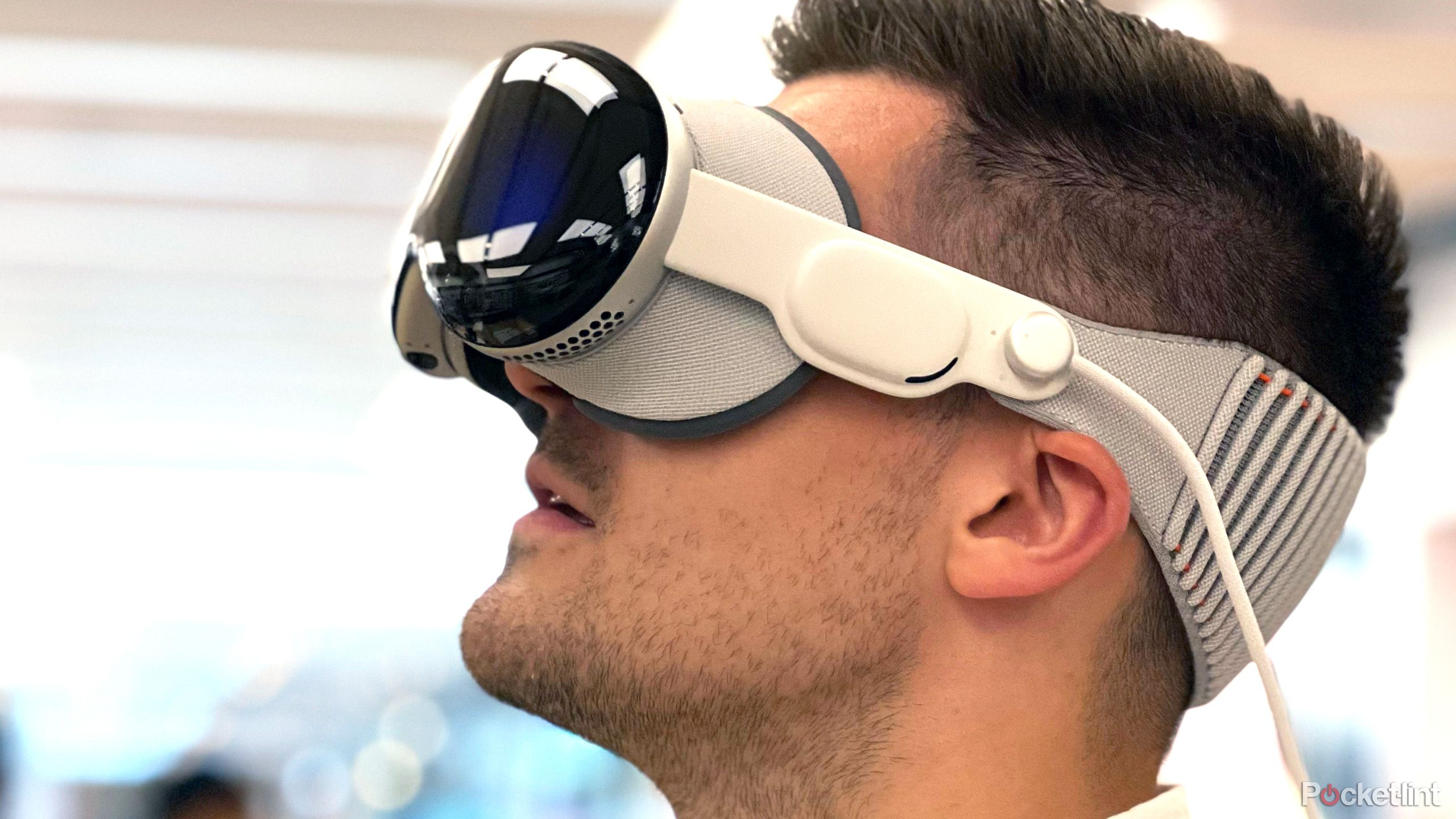
Related
Apple’s Vision Pro didn’t fit my workflow
The headset was released in the US in February and recently internationally.
Too expensive to produce on a large scale
There’s a reason why Meta’s first AR glasses announcement is being talked about as a demo: they won’t be available in production anytime soon — producing them at scale at an affordable price is difficult and not yet feasible.
“These were built on prohibitively expensive technology,” Meta’s chief technology officer Andrew Bosworth told The Verge in December 2023. “Bringing this capability back at a consumer electronics price point and form factor is the real challenge we have to tackle going forward.”
In the same interview, Bosworth suggested that the changes the company needs to make to make proper AR glasses feasible would put it “a year or two behind our original timeline,” but he didn’t rule out a 2024 demo: “I think there’s a very good chance people will be able to try it in 2024.”

Related
Snap’s latest Spectacles let you experience augmented reality, but you can’t buy them yet
The messaging app’s glasses hardware has reached its fourth generation and is ready to take a step towards true augmented reality.
Meta is one step closer to the moonshot
If the past few years have proven anything, it’s that Meta was premature in publicly announcing its metaverse concept. The company continues to make great VR hardware, but some ideas just aren’t yet technologically ready, let alone culturally acceptable. We’ll have to wait until September to see if the company demos AR glasses, but it’s at least an interesting story. It’s a better taste of the future than strapping another heavy headset to your head.
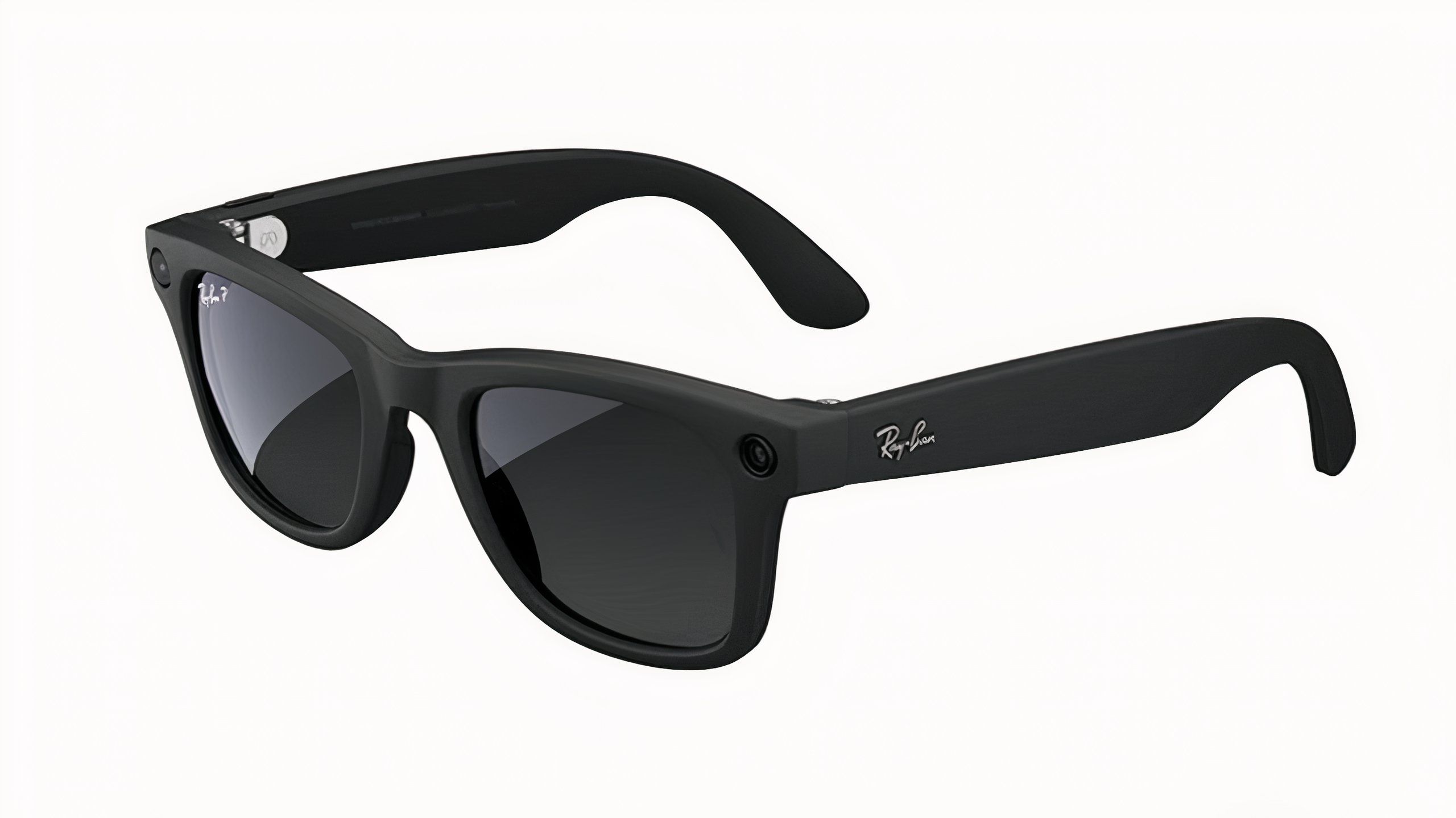
Ray-Ban Meta Smart Glasses
The Ray-Ban Meta Smart Glasses are a prime example of why Meta can make some truly great AR glasses, with sleek design and useful Meta AI features.



